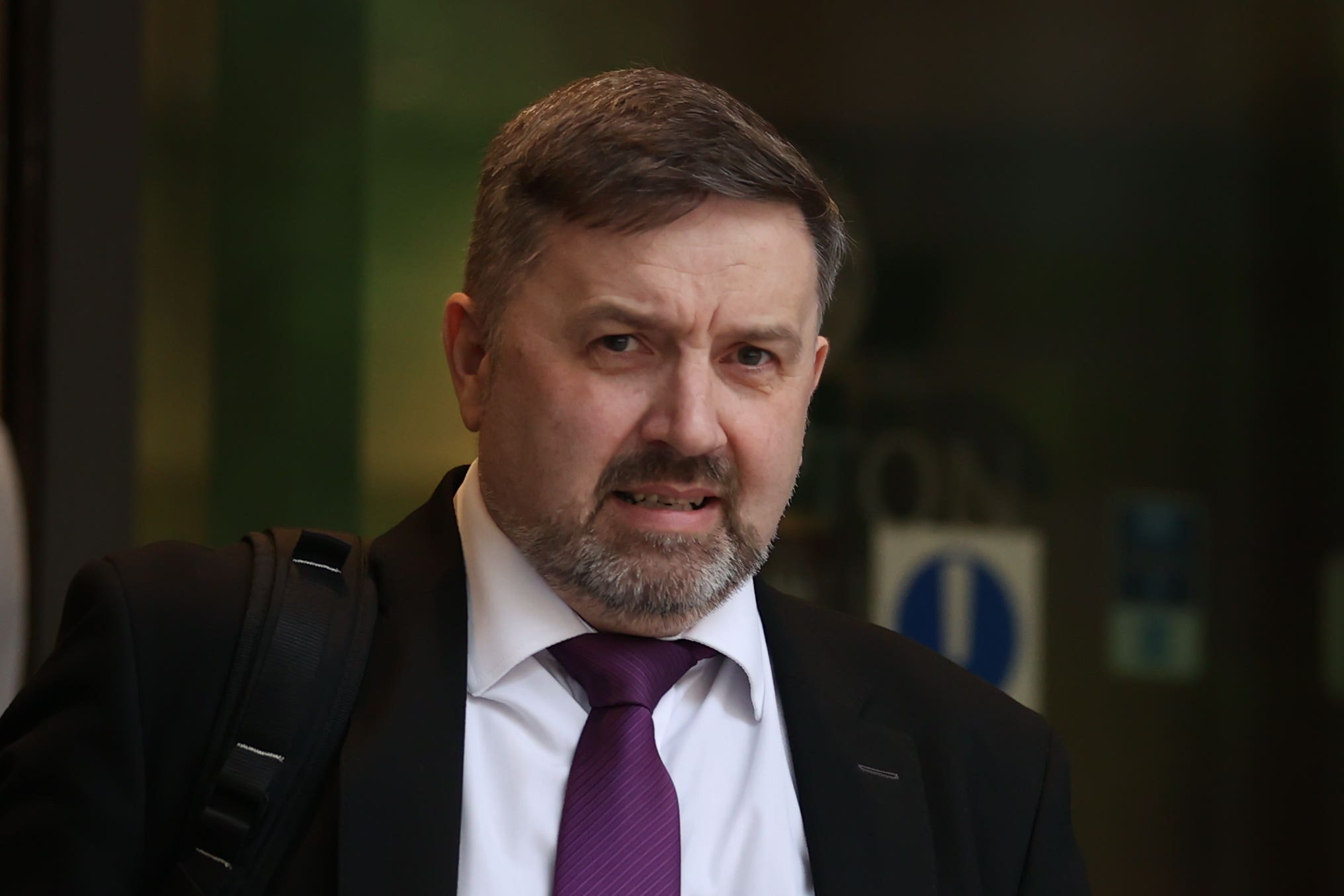Department says scars left by Covid must inspire action to improve preparedness
A barrister for the Department of Health rejected as ‘without merit’ claims it did not ring alarm bells loud enough in early 2020.

Your support helps us to tell the story
From reproductive rights to climate change to Big Tech, The Independent is on the ground when the story is developing. Whether it's investigating the financials of Elon Musk's pro-Trump PAC or producing our latest documentary, 'The A Word', which shines a light on the American women fighting for reproductive rights, we know how important it is to parse out the facts from the messaging.
At such a critical moment in US history, we need reporters on the ground. Your donation allows us to keep sending journalists to speak to both sides of the story.
The Independent is trusted by Americans across the entire political spectrum. And unlike many other quality news outlets, we choose not to lock Americans out of our reporting and analysis with paywalls. We believe quality journalism should be available to everyone, paid for by those who can afford it.
Your support makes all the difference.The scars left by Covid-19 must inspire action to ensure Northern Ireland is better prepared for another pandemic, Stormont’s Department of Health has said.
In her closing statement to the Covid-19 Inquiry in Belfast, the department’s barrister Neasa Murnaghan KC said the hearings had brought a “forensic focus” to the Executive’s response – a process she described as “necessary” but also “difficult and illuminating”.
“It may in the circumstances be tempting to recall the words of the late Queen, albeit in a somewhat different context, in fact at an Irish state banquet in 2011, when she said that with the benefit of hindsight there are things that we wish had been done differently, or indeed not at all,” said Ms Murnaghan.
She said in an ideal world, Northern Ireland’s health service would have been “less fragile” and its political system “more stable” at the beginning of 2020.
The senior barrister said having greater testing capacity from the outset would have made a difference, as would the maintenance of political unity within the Stormont Executive.
She insisted the department would learn the lessons of criticisms that are “merited”.
“Nevertheless, without being in any way defensive, such criticisms must be viewed in the context of this being a situation where there were no easy answers and only incomplete evidence,” the KC added.
“Indeed, in the vast majority of occasions, the department was faced with investigating and advising on the least harmful options.”
She acknowledged frustration within other Stormont departments at the perception that evidence was not always shared promptly. The barrister insisted there was no intention to delay the delivery of advice, as she stressed the limitations caused by a lack of reliable data, ongoing uncertainties over the virus and an ever-changing situation.
Ms Murnaghan rejected as “without merit” suggestions that Health Minister Robin Swann and officials had not sounded the alarm loudly enough about the impending threat of the virus in early 2020.
She said while not seeking to downplay the consequences of Covid-19 in Northern Ireland, the region “fared better when compared with other nations in the UK”.
She further insisted that advice from the department on lockdowns and other restrictions was correct.
“It is incontrovertible that these difficult decisions and restrictions which were imposed saved many lives,” she said.
“And while our health service and our health and social care teams suffered from the severe impacts of Covid from which it will take many years to recover, ultimately, the health service did not collapse and for that we can be thankful.
“We can also be very thankful for those who worked tirelessly to the very best of their ability to protect our citizens.
“We acknowledge the many sacrifices of the population of Northern Ireland to protect those who were and remain the most vulnerable.
“Few of us emerged from the pandemic unscarred. Those scars should inspire us to ensure that the legacy of this pandemic must be that we are better prepared for the next one.”